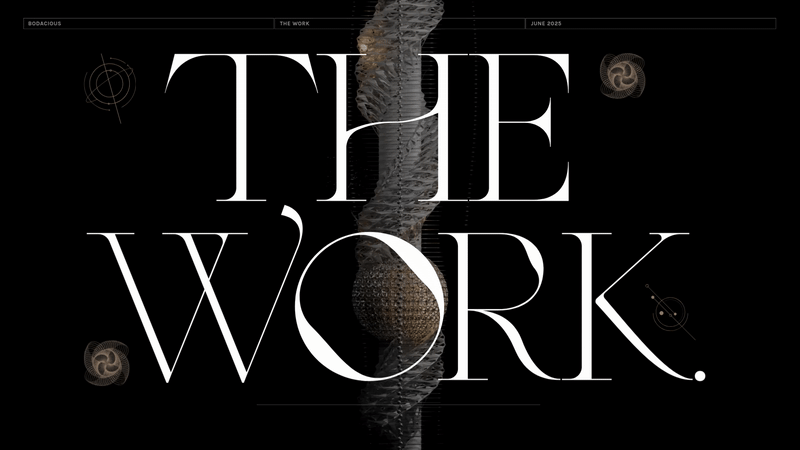We’ve been circling the same conversations for years now.
About what’s broken. About what’s not working.
Strategy feels thinner. Audiences feel further away. The work doesn’t land the way it used to — and we can all feel it.
We’ve named the problems.
We’ve mapped the symptoms.
We’ve built decks diagnosing the decline.
And yet… not much has changed.
This report exists because it has to.
Not because we need another opinion piece or another round of industry critique.
But because the ground beneath our practice has shifted — and most of our tools weren’t built for the terrain we’re now standing on.
The world is more complex, more fragile, more connected and more combustible than it’s ever been.
And the role of strategy — real strategy — has never been more vital.
This is my attempt to meet that moment.
Not a teardown.
A reckoning.
A reconstitution.
It’s an excavation of where we’ve been, an articulation of where we are, and a provocation for where we could go — if we’re willing to rebuild the practice from first principles.
This won’t save your job. Maybe nothing will.
AI is accelerating. Budgets are tightening. The herd will thin.
Some of us will adapt. Some will migrate. Some will fall away.
But that’s not a reflection of your talent — it’s a reflection of the market’s mutation.
And no — this probably can’t thrive inside the agency model as it currently exists.
You can’t build a new kind of strategy inside a broken architecture of possibility.
But that doesn’t mean strategy is dead.
It means it’s time to reimagine what it can become.
This is for the thinkers.
The map-makers.
The signal-hunters and curious creatures who believe the work can still mean more.
Take what’s useful. Leave the rest.
But don’t stand still.
Because the future of this discipline belongs to the ones willing to build it forward.
This is The Work now.





This was a privilege to read. The brief exploration of 'consilience' made me curious about how, as a South African strategist, I can better ensure that the fields our extremely diverse market operates in aren't always stereotyped as being completely fragmented or at odds.